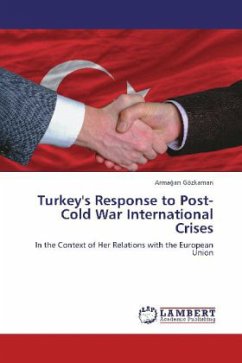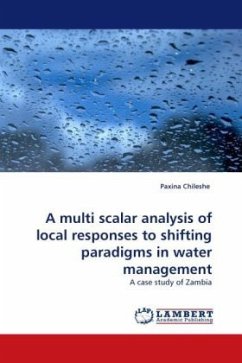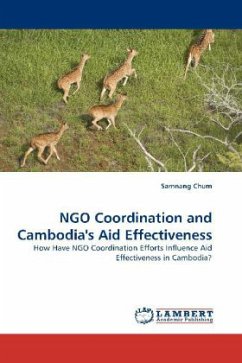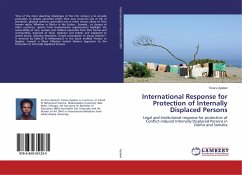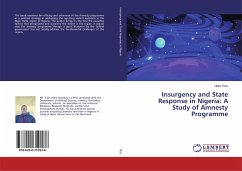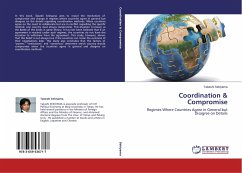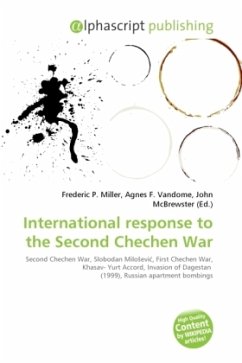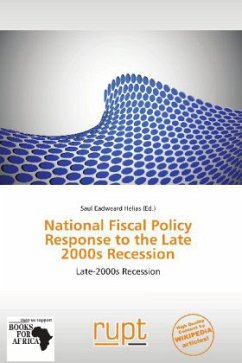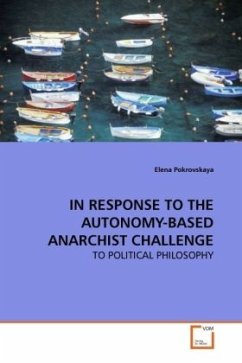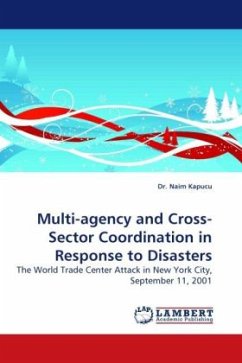
Multi-agency and Cross-Sector Coordination in Response to Disasters
The World Trade Center Attack in New York City, September 11, 2001
Versandkostenfrei!
Versandfertig in 6-10 Tagen
32,99 €
inkl. MwSt.

PAYBACK Punkte
16 °P sammeln!
This study seeks to understand the problem of building cooperation among public, private, and nonprofit organizations to achieve public service goals in emergencies. It also examines the factors that contribute to successful partnerships and what factors inhibit their development. The theoretical framework draws upon the literature on social capital, network theory and organizational collaboration. The article uses the network analysis perspective to assess the relationships among organizations in terms of their strength, direction and density in the rapid evolution of emergency response opera...
This study seeks to understand the problem of building cooperation among public, private, and nonprofit organizations to achieve public service goals in emergencies. It also examines the factors that contribute to successful partnerships and what factors inhibit their development. The theoretical framework draws upon the literature on social capital, network theory and organizational collaboration. The article uses the network analysis perspective to assess the relationships among organizations in terms of their strength, direction and density in the rapid evolution of emergency response operations. The theoretical framework is applied to analyse the interorganizational responses to the 11 September 2001 World Trade Center (WTC) terrorist attacks in New York City. Emergency response operations required coordinated action among many actors across multiple jurisdictions under conditions of urgent stress, high demand and tight time constraints. This type of network analysis can constitute a field of substantial interest and importance to democratic societies that are seeking to manage problems of public service delivery in emergencies using innovative means.



